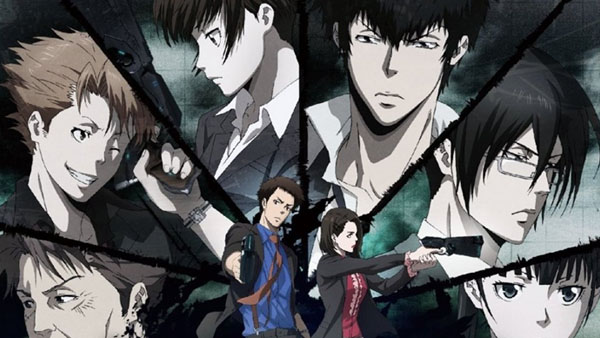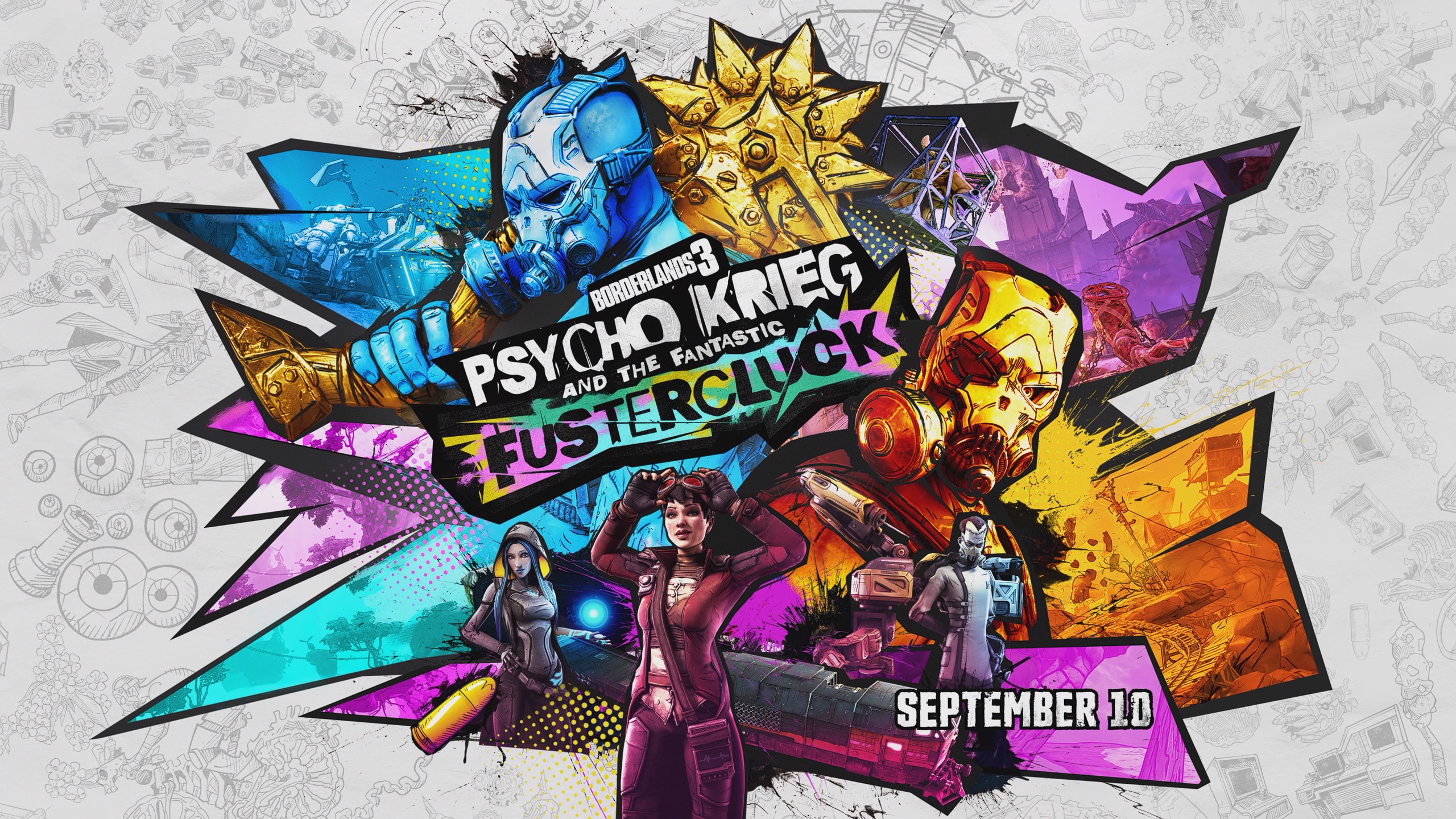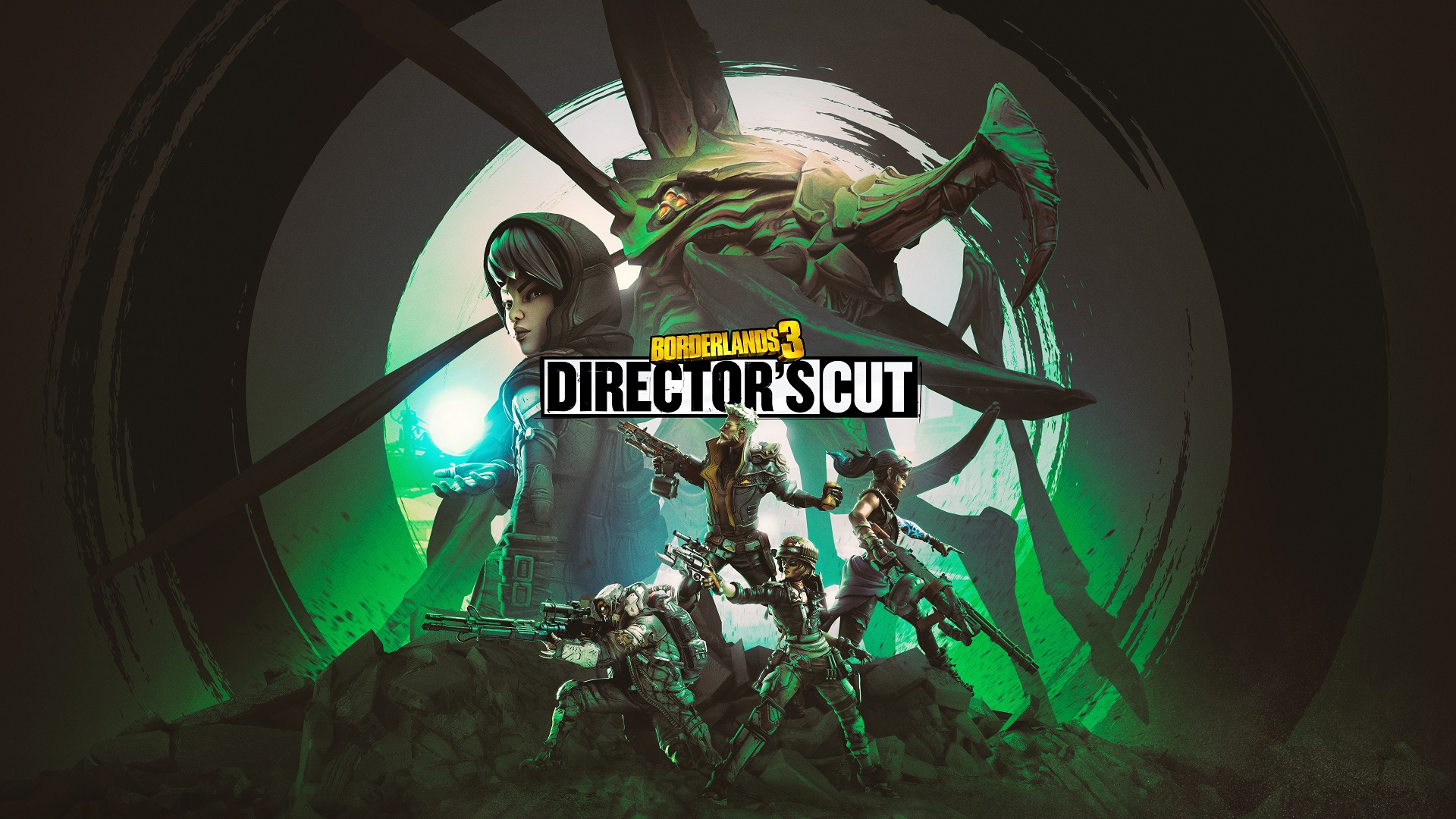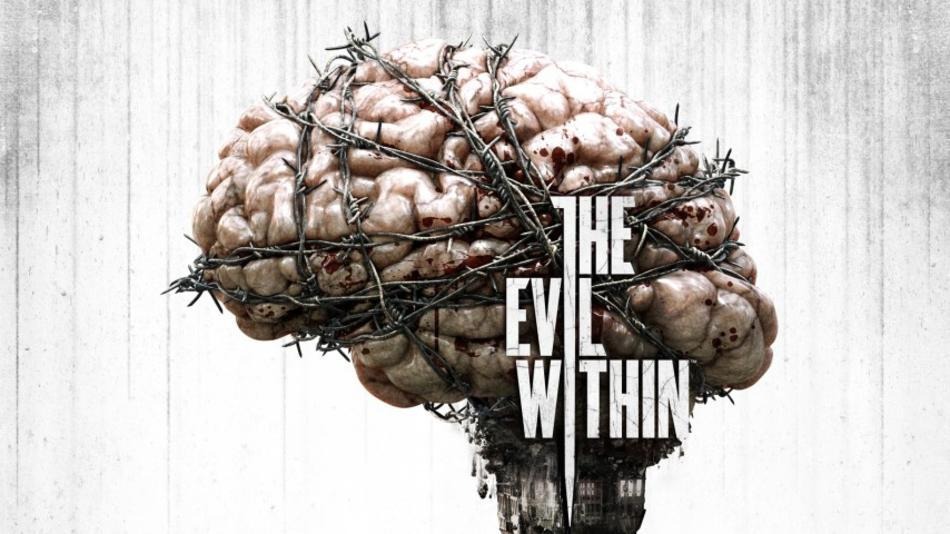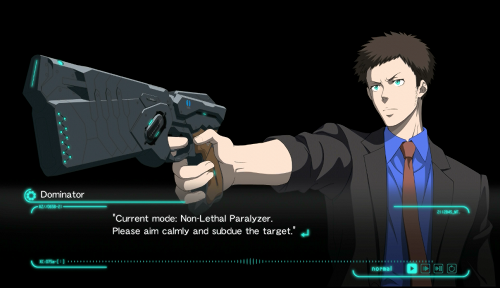
For those who haven’t watched the Psycho-Pass anime before, think of it as a cross between the authoritarian society of Minority Report and the philosophical nature of Ghost in the Shell. Psycho-Pass takes place in a world where the population is judged based on a colour (called a hue) assigned to their current mental health. If your hue is getting a bit cloudy? Time for some counseling and mental supplements to make you feel better. Is your hue really cloudy? You’re now deemed a latent criminal, even if you haven’t actually committed any crimes, and it’s time for the police to come after you.
All of these situations are governed by an AI called Sibyl, which was created by humans to streamline the act of living and ensure that society is as close to perfect as possible. As an AI, Sibyl itself isn’t able to hunt down latent criminals and makes use of teams of Inspectors and Enforcers to mete out its justice. Inspectors are specially selected from the top performing students and citizens, ensuring that they skilled and intelligent. Meanwhile, Enforcers are actually latent criminals used like trained attack dogs, muddying their dirty hands for the betterment of society. Altogether it’s an incredibly interesting world that is made all the more compelling by the characters that the anime focuses on.
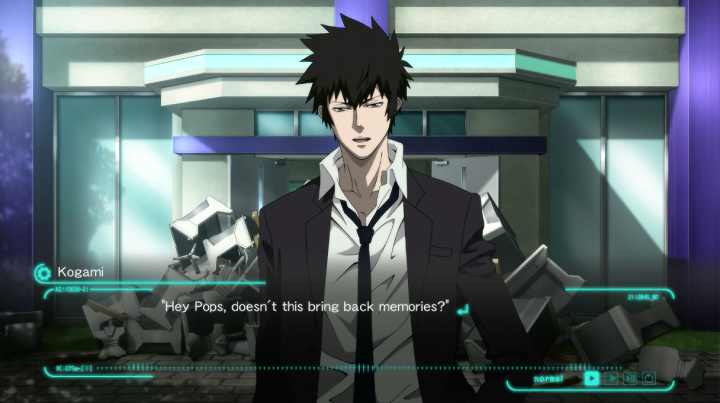
Psycho-Pass: Mandatory Happiness is a visual novel that is set part way through the first season of the anime, and follows two brand new characters as they work with the existing characters from the anime to head off a threat that could derail life as they know it. Visual novels play out something like a choose-your-own adventure, with lots of reading and some choices along the way. By nature, this is a genre that lives or dies based on the quality of its writing and characters, with an uninteresting story spelling certain doom. With a world that has already been built and fleshed out, the story was able to fully leverage an existing universe and create a wholly engrossing experience. At the beginning of the game you are given the choice of two characters to play: Inspector Kugatachi who is suffering from amnesia and seems to have no emotions, and Enforcer Tsurugi who is searching for a missing lover and is deemed too emotional. The underlying story is the same regardless of your choice of character, but your selection does affect how you experience it. I personally played as Tsurugi, with the aim of seeing the story from the point of view of a newly appointed enforcer who also has an ulterior motive to his work.
The story itself follows the main characters of Psycho-Pass, as well as the two new additions, as they investigate a series of strange events and cases within a small seaside city. As each case concludes, the team realises that each of the assailants could not have done this on their own and that there is someone helping them. During all of this, the game presents its antagonist to you, a hacker by the name of Alpha. While I won’t give away too much detail about Alpha, what I will say is that he is incredibly well written and sinister. It’s been a very long time since I’ve played a game with an antagonist who was as well thought out and represented as Alpha is. His character, and its motivations and actions, had me utterly hooked throughout the game.
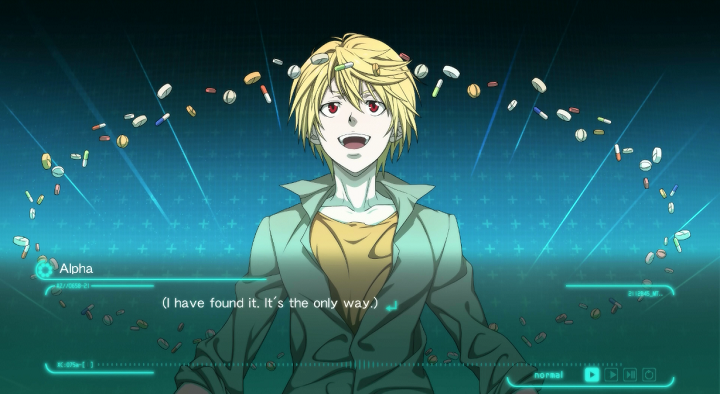
While I do call Psycho-Pass: Mandatory Happiness a game, that is honestly not quite right. In essence, Psycho-Pass: Mandatory Happiness is a book presented in a visual aspect. All scenes take place on static backgrounds, as characters with extremely limited animations talk to each other and you make the occasional choice as to what to do next. While there may not be much interaction, the choices you make have a large effect on what happens in the present and future within Mandatory Happiness. You may fail to save an assailant before they are so far gone that they need to be executed or you may make a poor choice that gets you killed. The choices also determine the ending you get and which special scenes play throughout the game. With a playtime totalling only a few hours, Psycho-Pass: Mandatory Happiness is an experience that you are meant to run through multiple times to see how your choices change what happens. Personally, I can see myself coming back to the game every once in a while, which wouldn’t happen if the playtime was longer.
Overall, if you’re happy to sit down and have a good read, Psycho-Pass: Mandatory Happiness is an extremely well-told story with an incredibly well-written antagonist. The lack of animation and interactivity will be off-putting for some, but if you can look past that you’re in for an engrossing experience that moulds itself around your choices.
-Incredibly well written story
-Antagonist is amazing
-Choices have noticeable effects on the story
-Lack of animation and interactivity is off-putting

